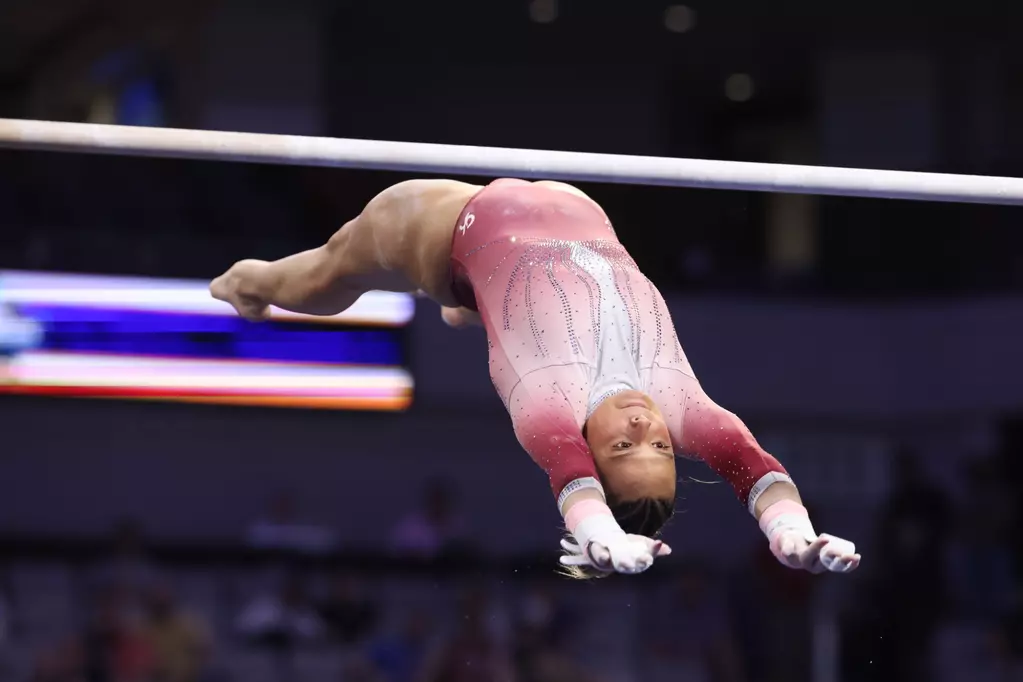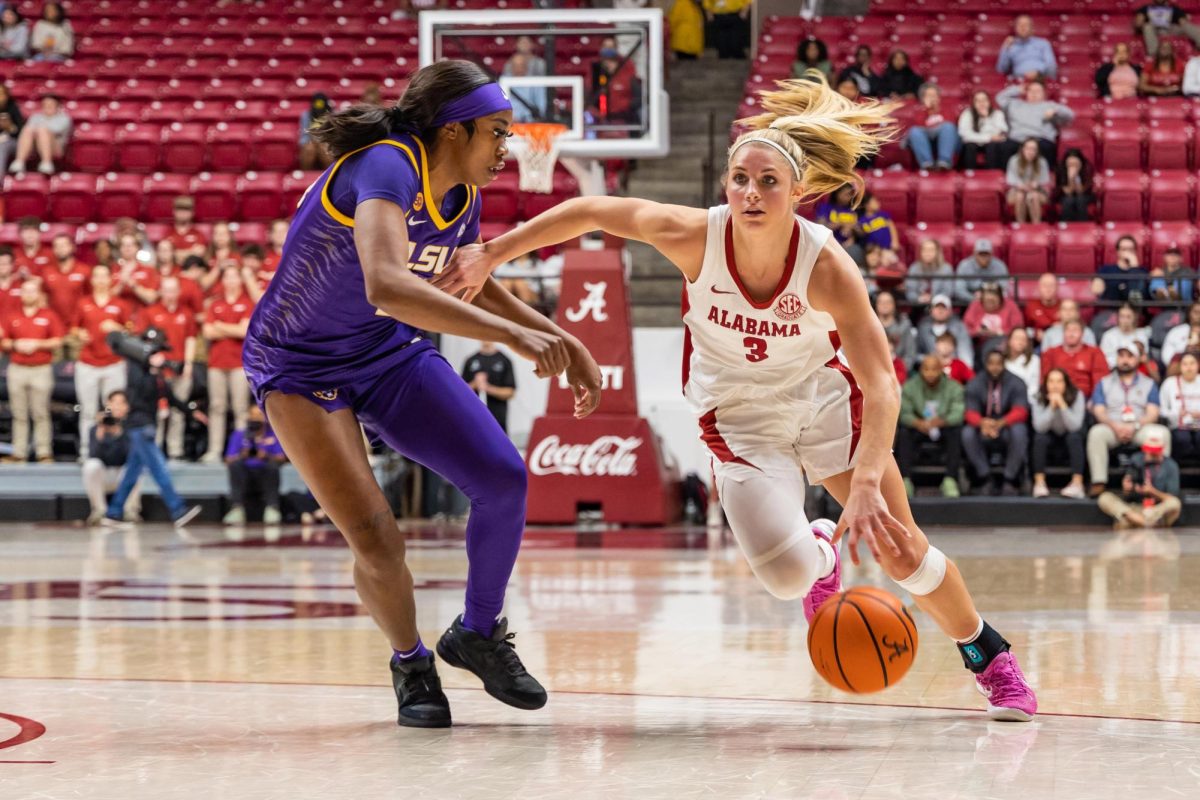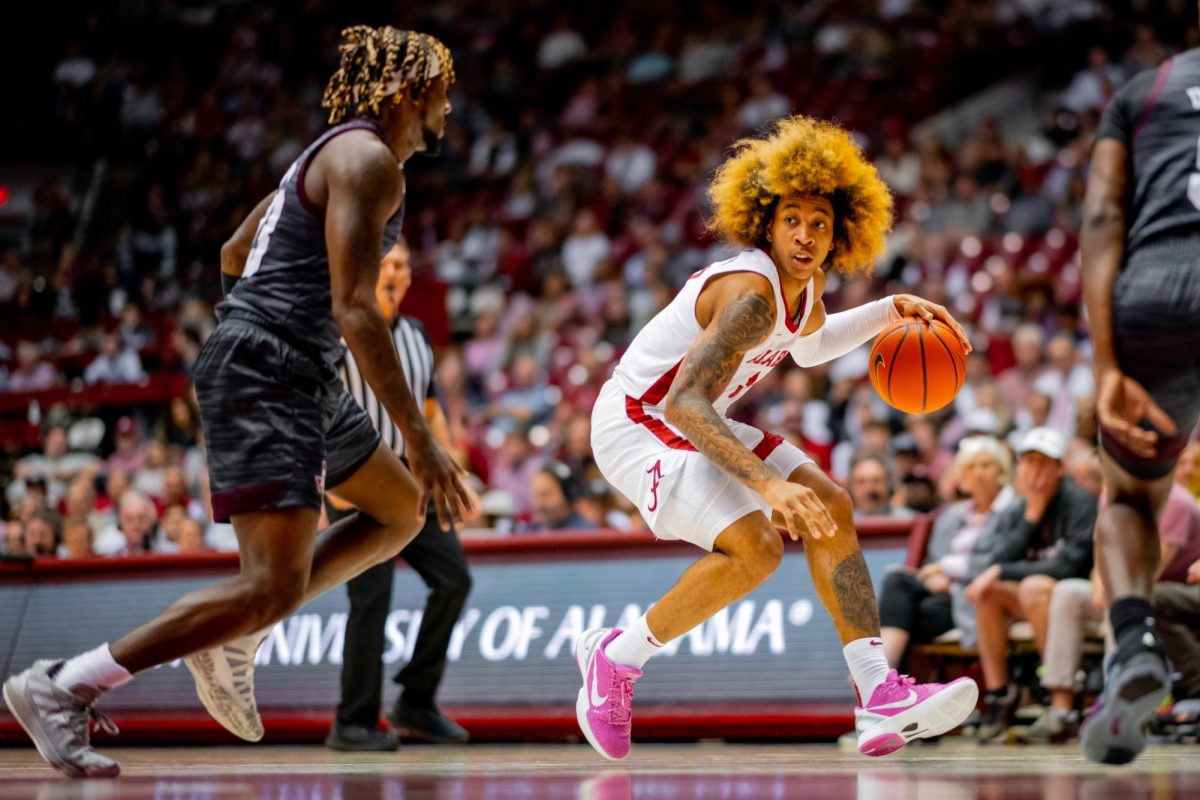Paul William Bryant, better known as “Bear” Bryant to Alabama fans, is one of the most celebrated coaches in all of sports – not just college football. He collected six national championships and 13 conference titles during his 25-year reign at The University of Alabama. When he retired, he held the record for the most wins as a head coach in college football history with 323. And his legacy still lives on in Tuscaloosa today.
However, you won’t see “Bear” plastered everywhere around town.
Fans of the Crimson Tide adore Bryant, wearing his trademarked houndstooth not only on Saturdays but every day of the year. But they are merely fans.
Don’t get me wrong, Alabama fans have the utmost respect for their beloved coaching icon; there is no denying that. But the people that played for Bryant and the people that knew him personally hold him to a different standard.
They would never dare call him “Bear” Bryant. If they ever talk of the former Alabama coach, they always refer to him as Coach Bryant. They respect him too much to refer to him by a nickname.
If you don’t believe me, listen to Gene Stallings when you get a chance. If he ever speaks of Bryant, he always refers to him as Coach Bryant. Nick Saban does the same thing.
When asked about Bryant, Saban said he was a proven winner on the football field but even more legendary in the way he impacted his players. Those players learned a great deal from Bryant and still reminisce their playing days as the most influential days of their lives. Why would they call the man that molded them into men by a nickname?
The University also adheres to this standard. Everything on campus named in Bryant’s honor does not refer to him as “Bear.” Whether it’s Paul W. Bryant Drive, Paul W. Bryant Hall, the Paul W. Bryant Museum or Bryant-Denny Stadium, they leave out the nickname.
Even Paul W. Bryant High School left the coach’s name alone. The school could have easily chosen a bear as its mascot but went with the Stampede instead.
As Tuscaloosa celebrates Bryant’s 100th birthday, they celebrate not only his game-changing coaching career, but his impact on the culture of football and Tuscaloosa. A man who changes the culture of an entire sport should never be referred to by a nickname.








